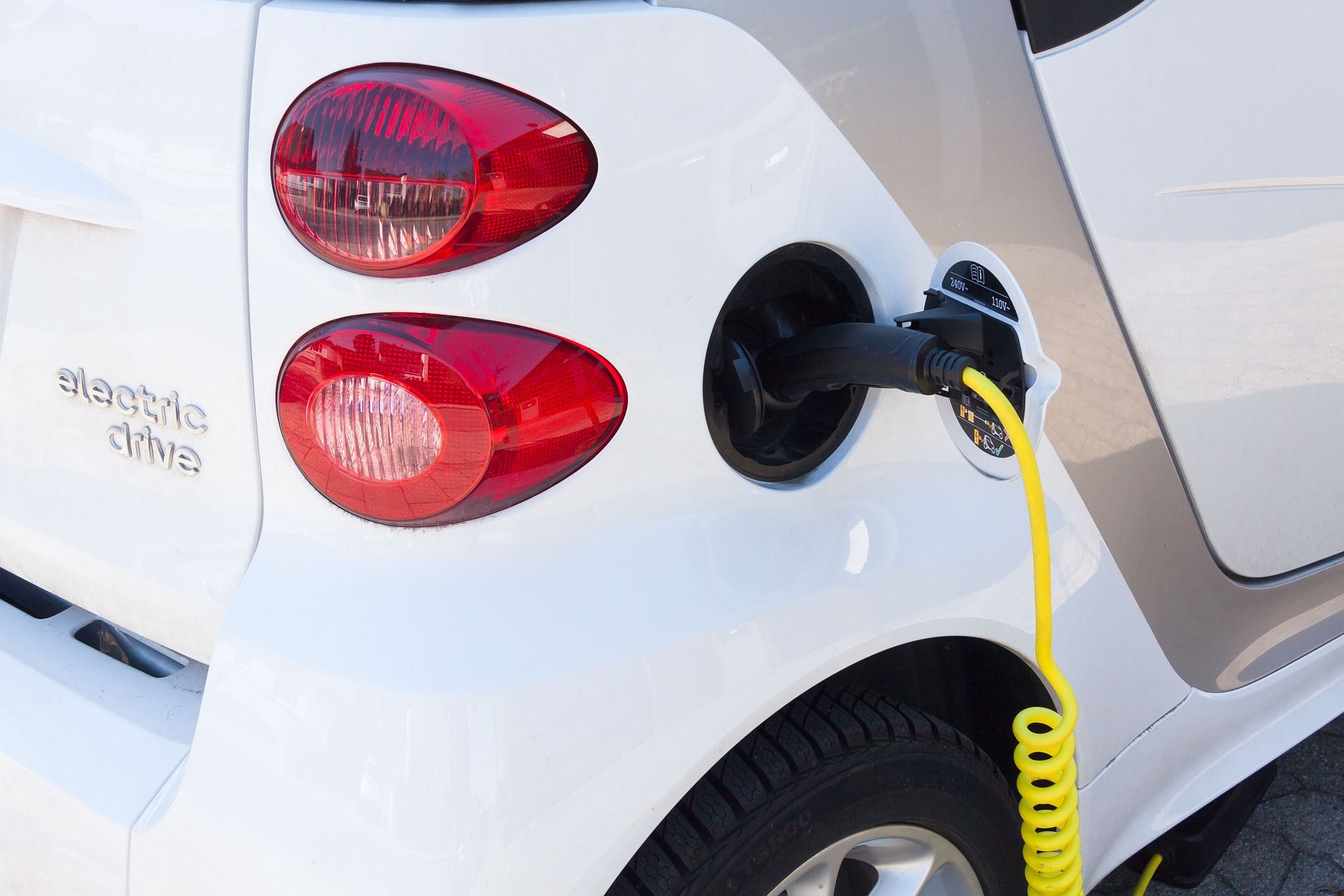Our Recent Survey Shows Increase in EV Demand
As the electric vehicle market within the UK continues to grow, perhaps the greatest challenge faced is the development of an accessible, and reliable charging infrastructure.
We recently undertook a survey from a representative sample of the UK in order to find out more about their vehicle usage in light on the coronavirus outbreak. The results were interesting:
- 64% of people said that they would continue to use their car as normal, without any adjustments.
- 44% of people said that, given the changes to the climate they’ve seen in the lockdown period, they’d be receptive to switching their vehicle to an EV.
Given the fact that over 73% of those surveyed said that they are now more receptive to the prevention of climate change, these figures are interesting. With over 4 in 10 people indicating an interest in switching to an EV, the impact of Covid-19 on the environment can be seen only as a positive one, and one that might be the kickstart to drive change – namely on the EV front.
Covid-19 has seen far less vehicles on the road, and with that, a severe reduction in emissions. A survey was conducted within the UK, encompassing a demographic of 3,000 EV users during the current pandemic. The results were:
- 83% are reliant on their EV for essential travel.
- 24% identify as key workers, with over a third of those working in healthcare.
- 47% are reliant on publicly accessible chargers.
But from the same survey demographic, 21% of survey responses reported experiencing issues with charging points, be it damage or inaccessibility, bringing to light one of the factors restricting the growth of widespread EV usage.
(Figures taken from the Department of Transport)
The results from our survey are indicative of a desire for change, but the above shows that there are still barriers to entry for many. That said, the good news is that the availability of both normal and rapid charging stations is growing extremely quickly, with numbers now suggesting that there are more EV charging locations than petrol stations. Furthermore, these rapid charging stations allow for a battery to charge to around 80% in under an hour.
(Source: Nissan)
Despite the concerns and shortcomings that many fear, the number of registered electric vehicles within the UK continues to grow year on year, and brings us closer to the 2050 ‘net zero’ goal set out. The spread of coronavirus has offered a wealth of data on both environmental impact and spending – as cars move off the road and flights are grounded, an additional push towards the 2035 fifteen year goal of banning the sale of typical ICE vehicles may be brought forward.
The next stage is likely to improve on charging capabilities for EV drivers at work, in order to reduce the reliance on publicly accessible locations elsewhere. That said, the data has shown that a robust infrastructure is now beginning to form for charging, and perhaps the opportunity for renewed focus on EV market growth is more prevalent than ever before.
Utility Trade Group are installers of EV charging equipment and have helped many clients to improve their business EV infrastructure. Get in touch today to see how we can help.
